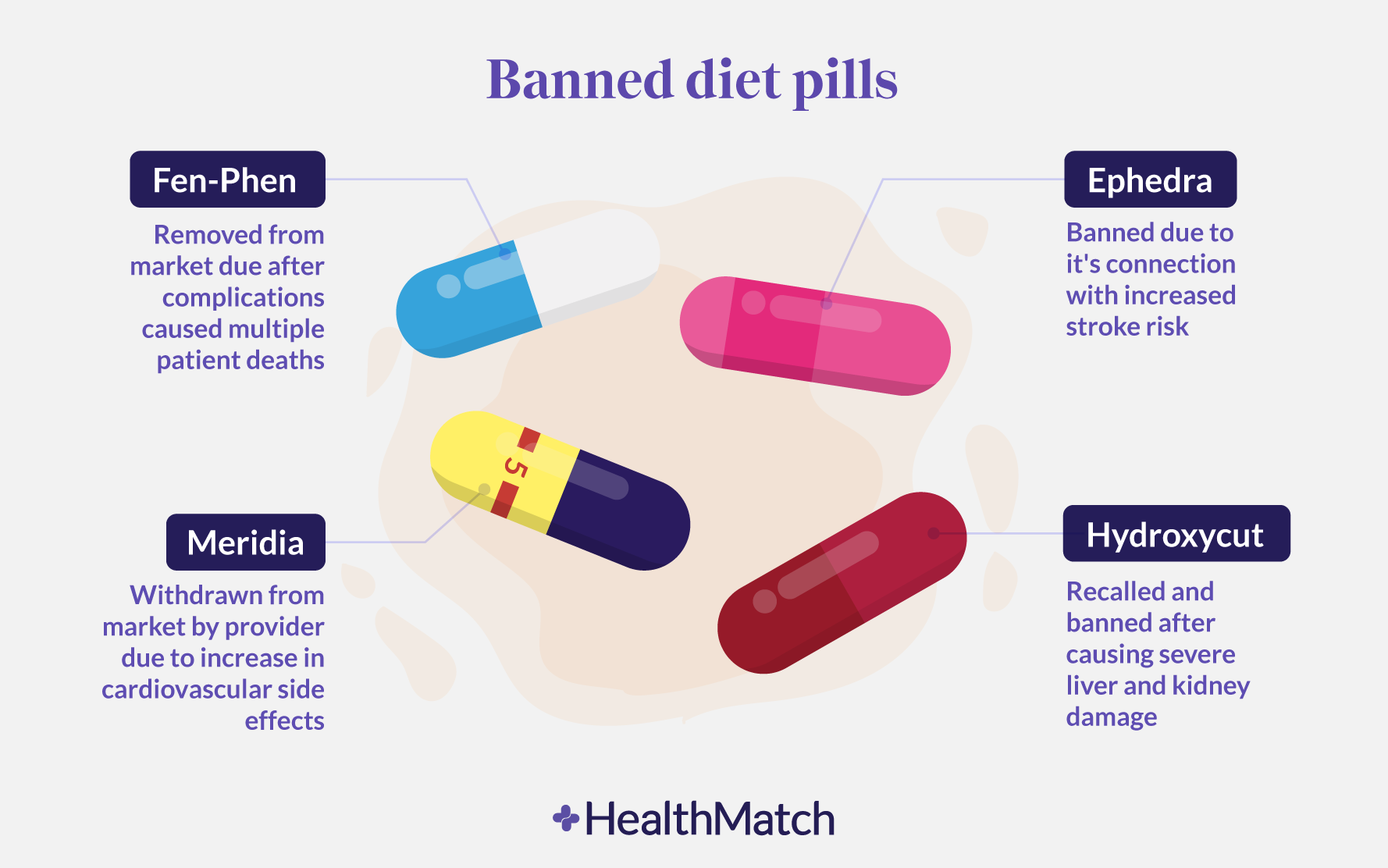Carbohydrates are indispensable for maintenance of a nutritious diet, as they serve as an indispensable source of energy. They are only high in fat and calories when consumed in large quantities or when they are topped with high-fat condiments such as butter, sour cream, or mayonnaise. It is sufficient to regulate your caloric intake and consume carbohydrates in moderation. It is important to note that not all carbohydrates are created equivalent. For instance, fructose and white flour are both extremely rich in carbohydrates. Consequently, opt for foods such as legumes, whole cereals, fruits, and vegetables.
Proteins: Consuming an adequate amount of protein is crucial for maintaining a nutritious diet. Muscles, epidermis, blood, immune system, certain hormones, enzymes, micronutrients, and blood-clotting factors are all composed of protein. Protein is derived from two sources: animal protein and vegetal protein. In terms of animal protein, opt for fish, skinless poultry and turkey, egg whites (as the yolks contain cholesterol), lean portions of meat, and low-fat milk products, including condensed milk and low-fat cheese. Similarly, legumes, including kidney, Lima, garbanzo, pinto beans, lentils, soybeans, and black-eyed peas, are particularly rich in plant protein. Attempt to diversify your protein consumption by baking instead of frying, based on your personal preferences.
Fruits and vegetables: The most recent research has demonstrated that they are essential for the promotion of good health. In reality, fruits and vegetables should serve as the cornerstone of a nutritious diet. As per the Harvard School of Public Health's Healthy Eating Pyramid, the majority of your diet should consist of fruits, vegetables, whole cereals, healthy fats/oils, nuts, seeds, legumes, fish, poultry, eggs, and 1-2 servings of dairy. Red meat, butter, refined cereals, potatoes, sweetened beverages, desserts, and salt should be consumed in moderation.
Dairy products are an essential component of a well-balanced diet and should not be entirely eliminated, even if you are following a weight loss regimen. Nevertheless, it is advisable to select dairy products that are low in fat or non-fat, such as condensed milk, non-fat yogurt, non-fat dried milk, low-fat cottage cheese, and margarine.
As part of a nutritious diet, the United States government advises consuming five to nine servings of fruits and vegetables each day. A serving should be able to nestle comfortably in the palm of your hand. Examples include a medium-sized piece of fruit, a cup of fresh salad greens, or a half-cup of prepared vegetables. Opt for a combination of colors, including scallions, arugula, tomatoes, and blueberries.
The majority of individuals require an increase in their daily intake of fruits and vegetables. For optimal health, it is recommended that you consume five to nine servings of fruits and vegetables each day. One additional valuable suggestion is to divide three substantial meals into five or six smaller portions to maintain a healthy metabolism and expend calories and fat throughout the day.




